Top 7 Strategies to Protect Yourself from Marked Card Cheating in Poker
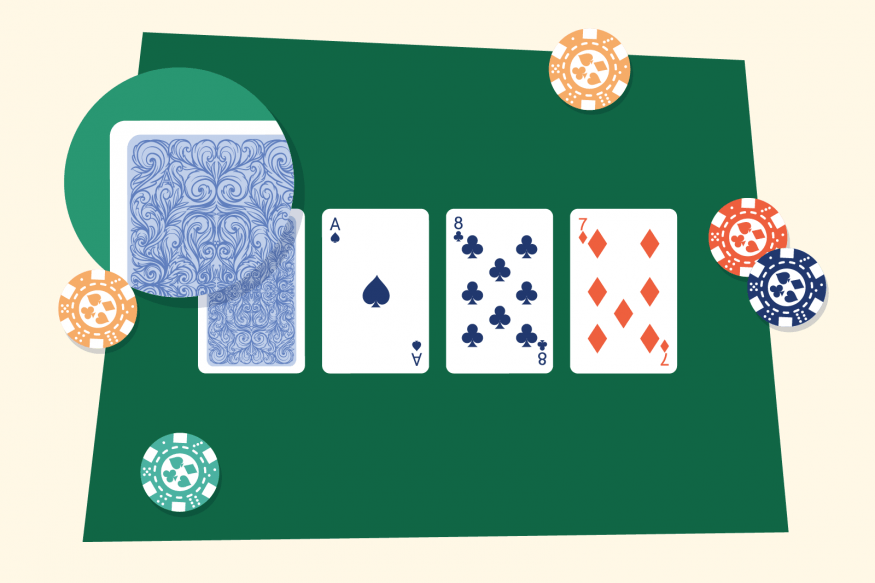
Understanding the Risk of Marked Cards in Poker
Marked cards remain one of the most traditional yet effective methods of cheating in poker. Whether you frequent private games or public card rooms, it’s vital to be vigilant and safeguard your bankroll against deceptive tactics. Here, you’ll learn proven strategies to help you avoid the pitfalls of marked cards, especially if you often play in less regulated settings.
Avoid Games with Suspicious Players
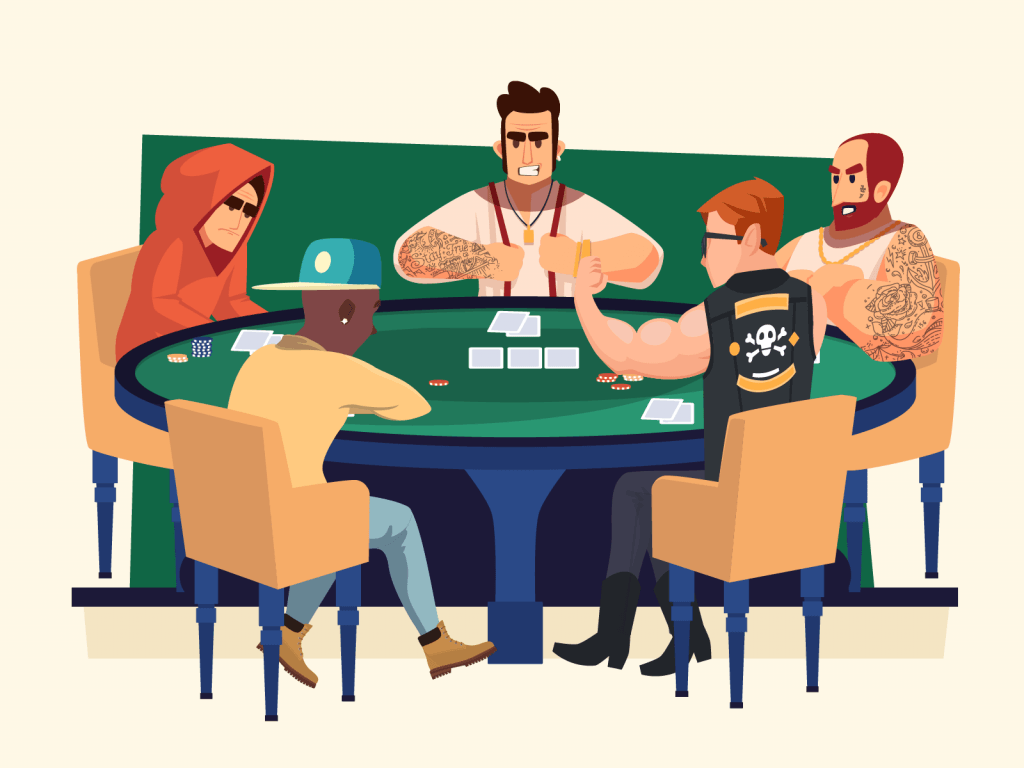
Selecting your games and opponents wisely is the first defense against poker cheats. While it’s tempting to join tables filled with inexperienced but wealthy opponents, exercise caution if you’re invited to new, unfamiliar games—especially by those you hardly know. Many cheating schemes, including card marking and other cons, thrive where organizers or regulars are not above board.
- If a game feels off or too good to be true, trust your instincts and reconsider playing.
- Use your social and observational awareness—skills crucial to poker itself—to evaluate the environment and the motives of those inviting you.
- Be wary if you’re singled out for an “exclusive” game without having a strong prior connection with the hosts.
Watch Players’ Card-Handling Habits
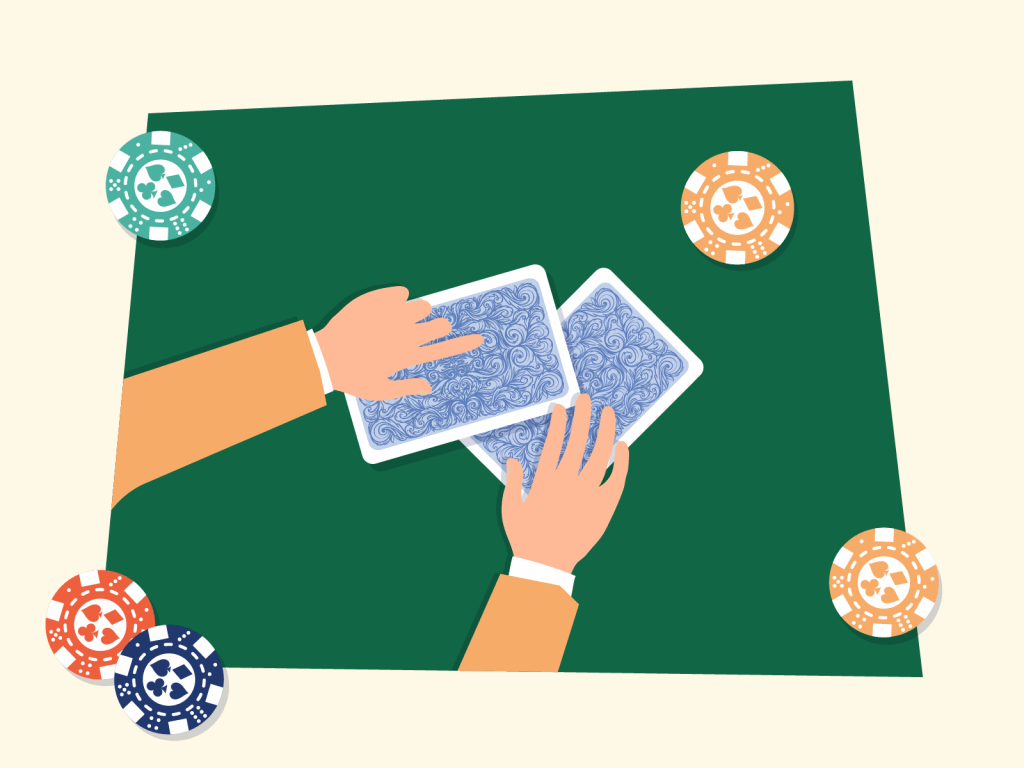
Card marking often happens right at the table, with cheaters discreetly scratching or bending cards using their fingers or nails. While it’s common for players to shuffle and handle their cards, pay attention to those who show unusual interest in their cards or handle them in ways that seem odd or overly deliberate.
- Look for excessive rubbing, pinching, or squeezing at the edges of cards.
- Don’t immediately confront someone; accusations of cheating can escalate quickly and are deeply serious in poker circles. Instead, keep your observations private until you have concrete suspicions.
Inspect for Unusual Card Markings
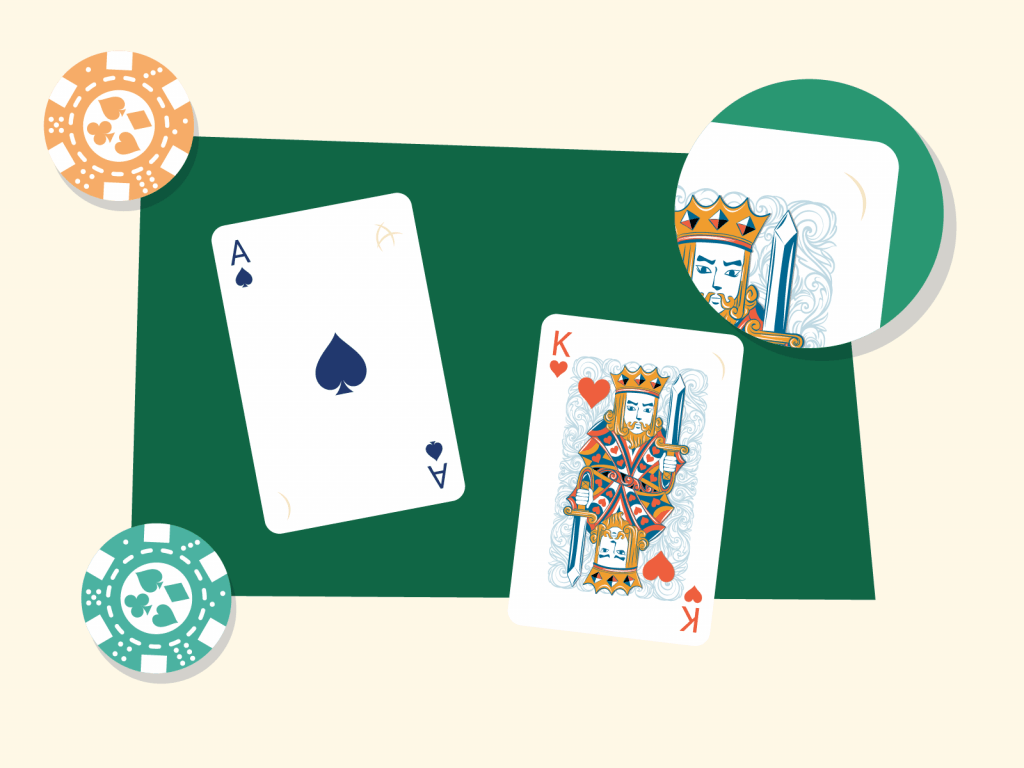
If you suspect cheating, visually inspect the back of the cards as discreetly as possible. Focus on high-value cards like aces and kings, as cheaters tend to prioritize marking those for an edge.
- Look for faint scratches, small nicks, or slightly bent corners.
- Subtle physical defects on certain cards can indicate targeted marking to signal valuable hands.
Notice Odd Betting or Playing Patterns
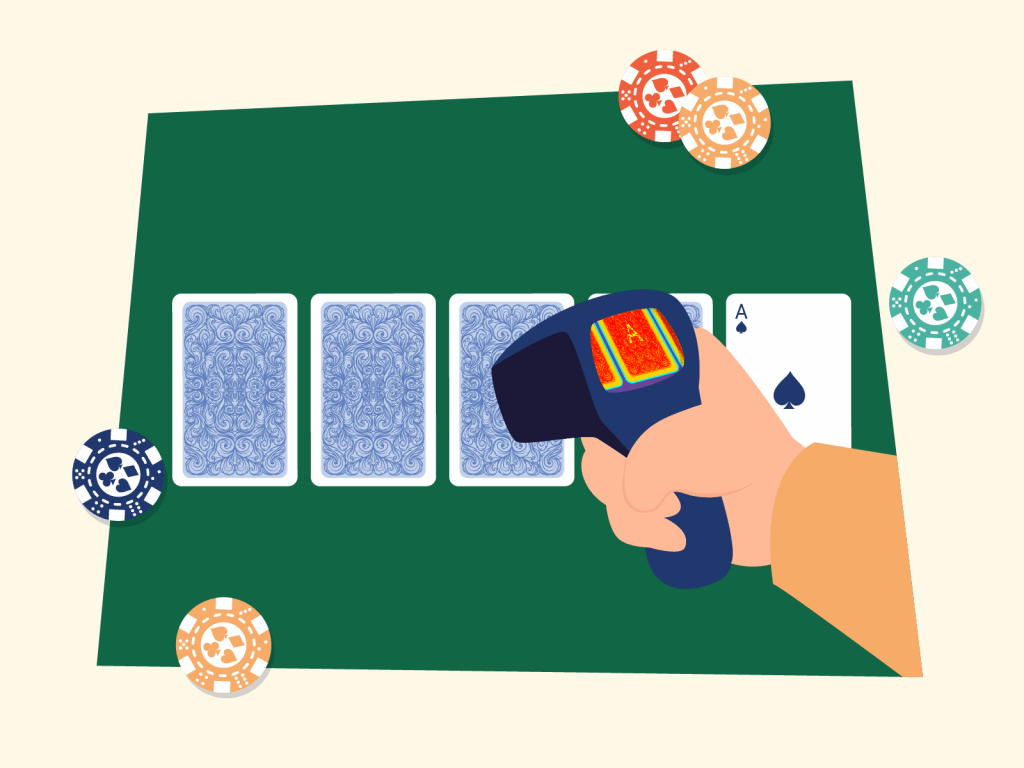
In today’s poker world, some cheats employ invisible inks or technology that evade the naked eye, making detection even harder. If you notice bizarre hands being played more often, or repeatedly questionable calls and folds, it could be a clue that something improper is at work.
- Watch for repeated rare or lucky plays—such as unlikely bluffs being called or strange winning streaks.
- In casino settings, take your suspicions to the floor staff; in private games, be cautious as the organizer may be involved.
Request a Deck Swap When in Doubt
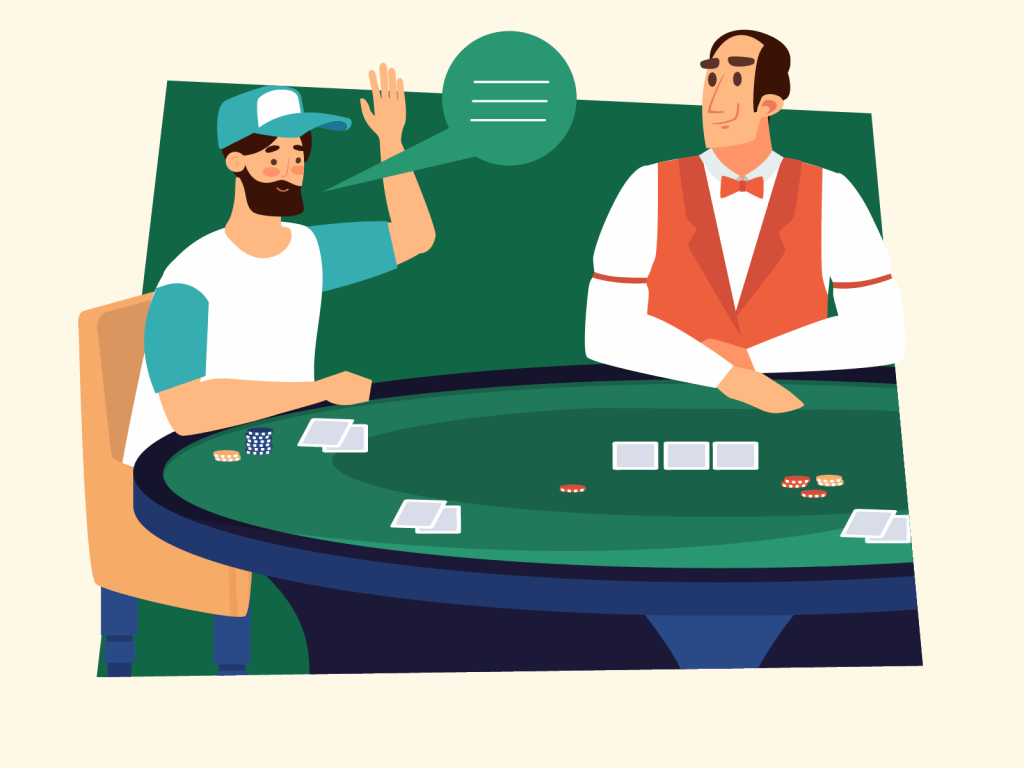
If you have lingering doubts about the integrity of the deck, don’t hesitate to ask for new cards. In regulated poker rooms, this is a standard request and should be honored without issue. In home or private games, politely requesting a deck change—without stating explicit concerns—can sometimes reveal the game’s fairness.
- If the host reacts negatively or refuses, it’s a red flag about the legitimacy of the game.
- You can always use the excuse of “bad luck” with the current deck as your reason for wanting a change.
Leave the Game If You Feel Unsafe
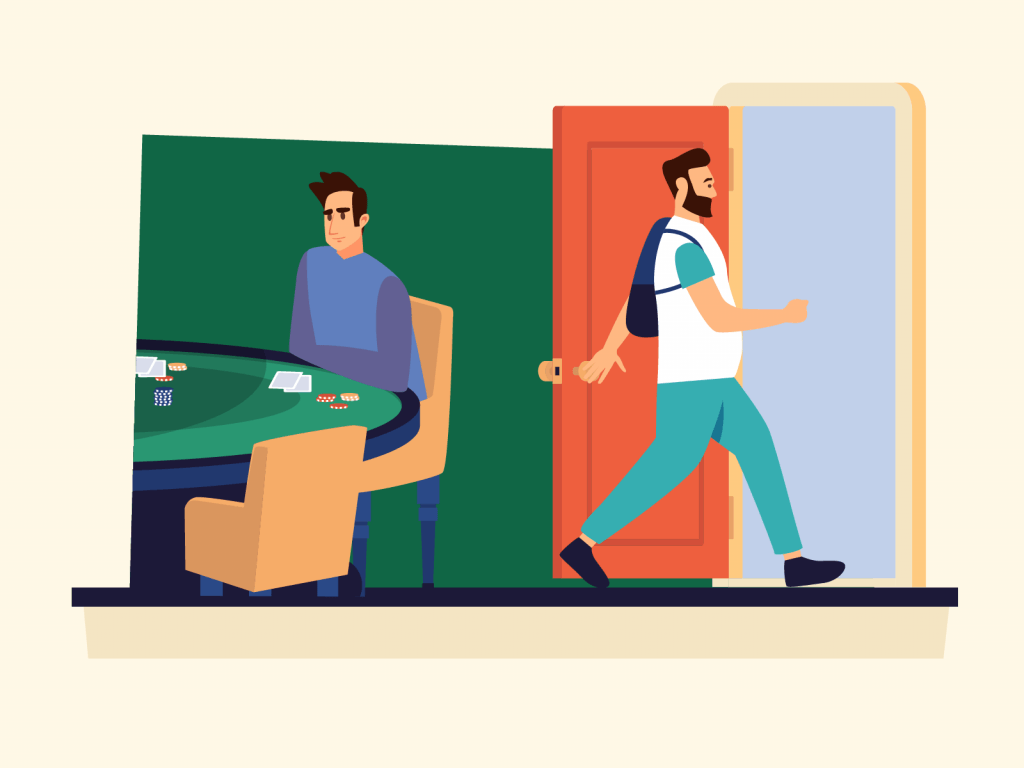
The most effective way to avoid being cheated is to simply walk away. You’re under no obligation to stay in a game that feels rigged or unsafe. Even if your suspicions are vague, trust your instincts—winning is impossible in a game where the deck is stacked against you.
- Leave quietly—no explanation needed—or fabricate an excuse if it makes exiting more comfortable.
- Afterwards, you may wish to alert the person who invited you, but only if you’re confident they aren’t part of the problem.
- Best practice: don’t return to games where your trust has been broken.
Balance Caution with Enjoyment: Don’t Let Paranoia Spoil Your Game
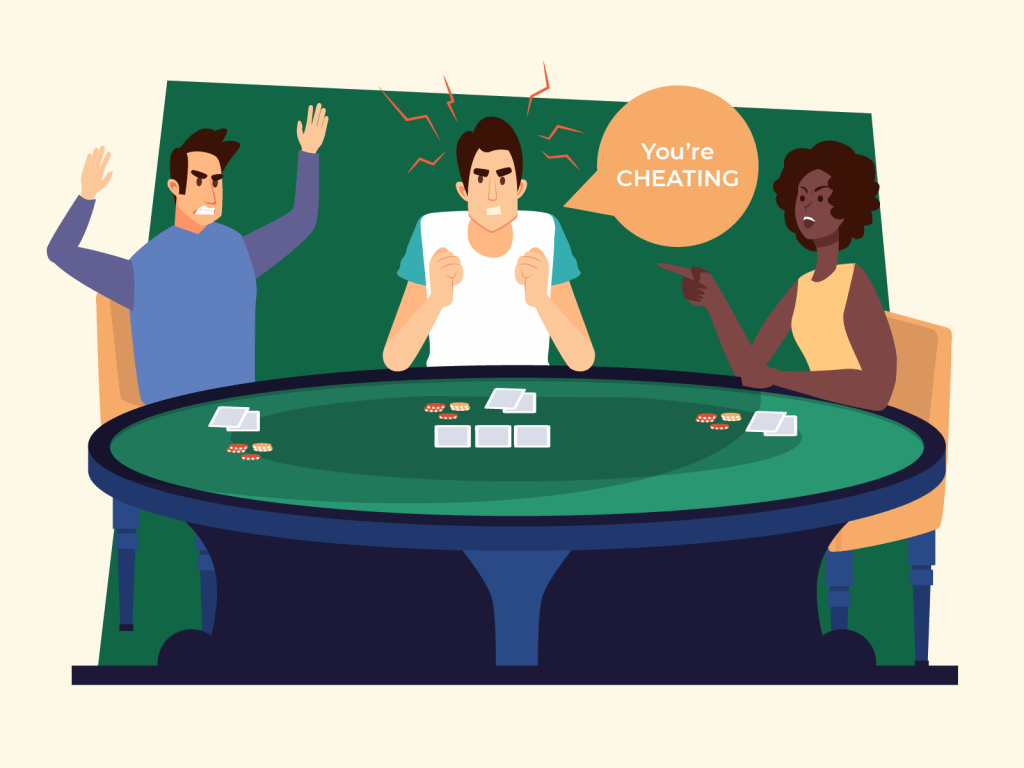
Being mindful of the risks posed by marked cards is smart, but avoid letting suspicion spoil your enjoyment of poker. Bad beats and strange hands are a natural part of the game. Don’t let isolated incidents turn you into a cynic who suspects every game is fixed.
- If you observe several signs—such as persistent oddities and pushback against fair requests—it’s reasonable to seek another game.
- The safest choice is always to play in licensed, regulated poker rooms where cheating is far less likely and concerns can be addressed efficiently.
Remember, staying alert, making informed choices about where and with whom you play, and prioritizing your safety will help you enjoy poker while minimizing your chances of falling victim to marked card cheats.








